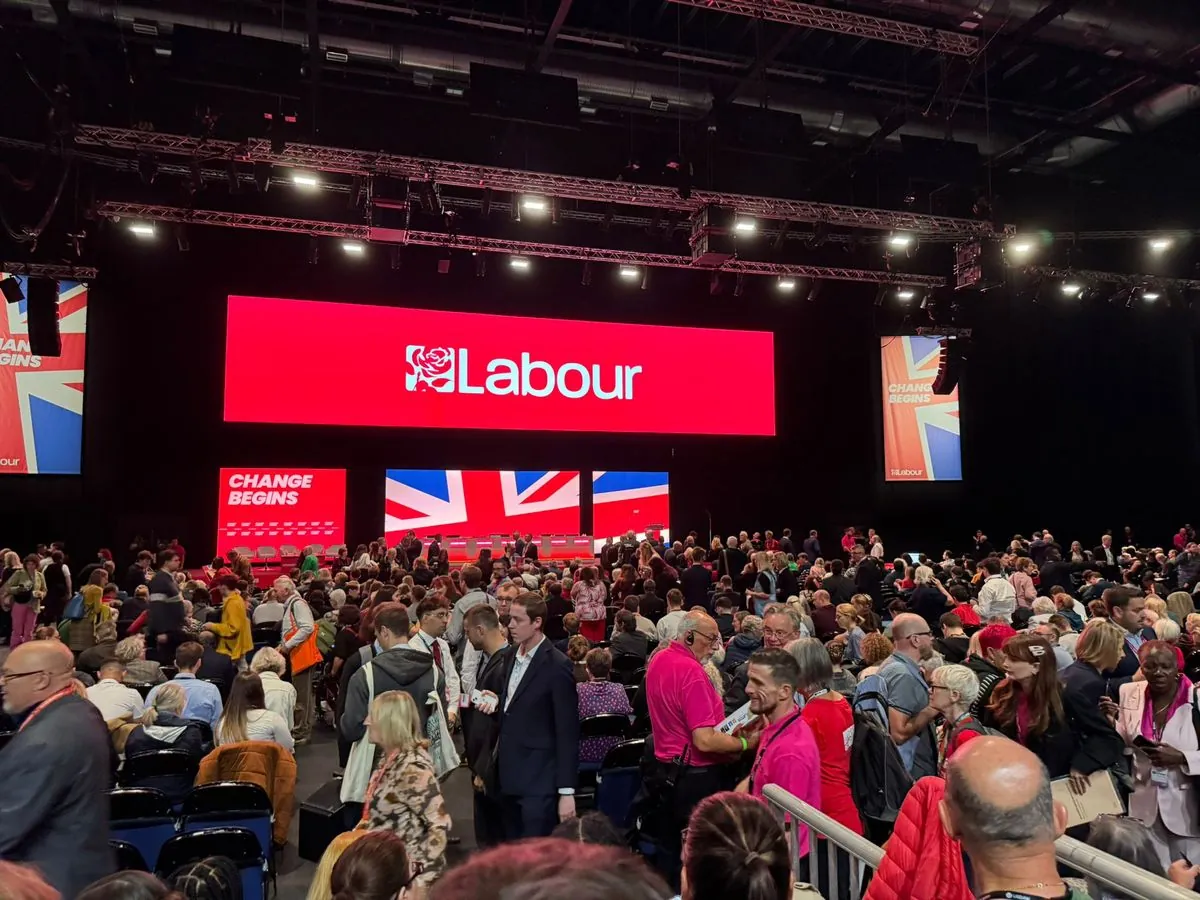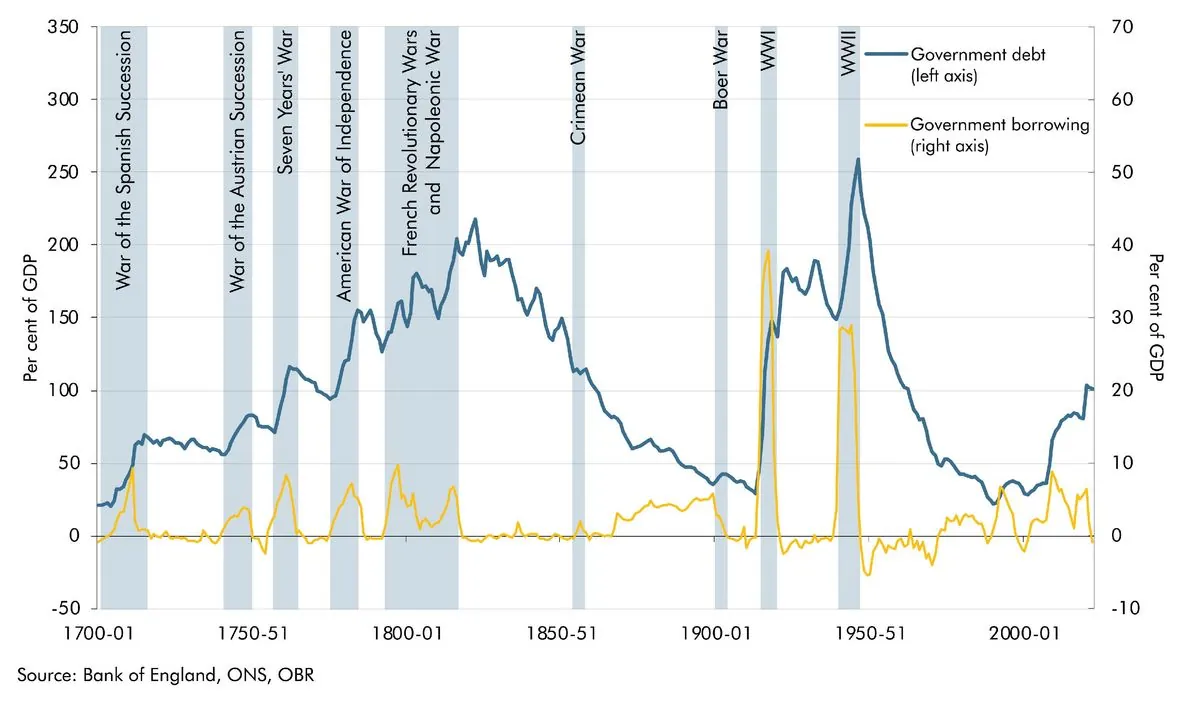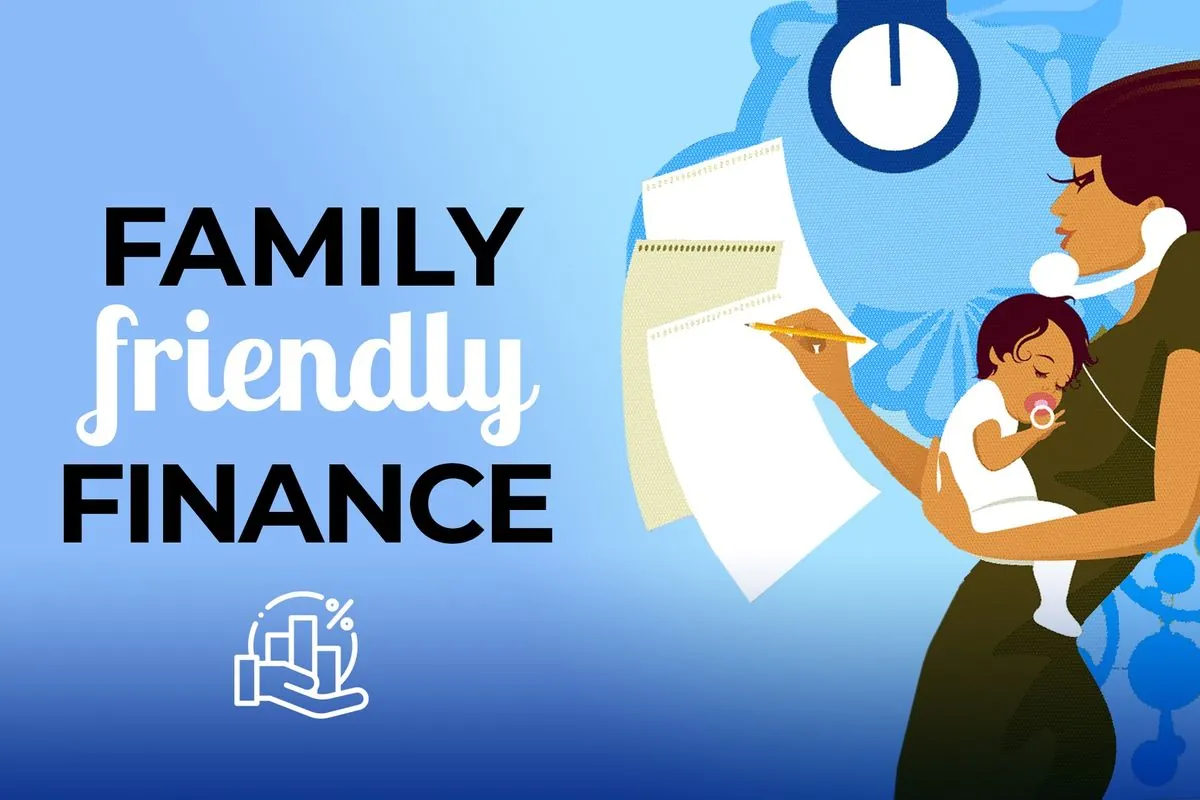Labour's Winter Fuel Vote Shift Sparks Union Fury
Labour Party reschedules crucial winter fuel payment vote, clashing with union funeral. Move triggers accusations of unfair tactics as CWU members face participation dilemma.

The Labour Party has ignited controversy by rescheduling a critical vote on winter fuel payment cuts, coinciding with a significant union funeral. This decision has sparked outrage among trade union members, particularly those from the Communication Workers Union (CWU).
The vote, originally slated for Monday, September 25, 2024, when Chancellor Rachel Reeves was due to speak, has been moved to Wednesday, September 27. This new date conflicts with the funeral of Andy Kerr, a former CWU assistant general secretary and Labour National Executive Committee member.
The CWU, in collaboration with Unite, had proposed a motion opposing the government's plan to remove winter fuel payments from approximately 10 million pensioners. This policy shift, introduced by the Labour government, limits the benefit to only 1.5 million individuals receiving Pension Credit, a significant reduction from the previous universal approach for those born before a certain date.

Union sources estimate that 90% of CWU representatives will be absent for the vote due to the funeral, severely impacting their ability to participate in this crucial decision. This situation has led to accusations of underhand tactics by the Prime Minister's supporters, with one union source describing it as "outrageous."
"It is outrageous"
The timing change also means that Dave Ward, the CWU general secretary, will be unable to deliver a speech outlining arguments against the winter fuel payment cut. This loss of podium time is significant, as conference speeches often shape delegate voting behavior and generate media attention.
The winter fuel payment, introduced in 1997 under Tony Blair's Labour government, has been a cornerstone of pensioner support for over two decades. Its proposed reduction represents a major shift in Labour's approach to social benefits.
Despite the controversy, Downing Street insiders anticipate losing the vote, given that approximately half of the conference delegates are affiliated with trade unions, many of whom oppose the cut. However, it's important to note that conference motions, while influential, are not automatically binding on Labour leadership or government policy.
This incident highlights the ongoing evolution of the Labour Party's relationship with trade unions, a cornerstone of the party since its founding in 1900. The CWU is now expected to return to the 2025 conference with proposals to change party rules, aiming to give members more control over the timing of such votes.
The rescheduling also coincides with Sir Keir Starmer's absence, as he will be attending the UN General Assembly on the conference's final day. This timing has further fueled speculation about the motivations behind the date change.
As the Labour Party navigates this internal conflict, the incident serves as a reminder of the complex dynamics between political leadership, party structures, and affiliated organizations in British politics.



































